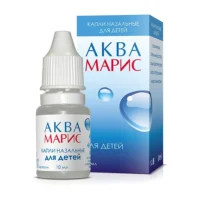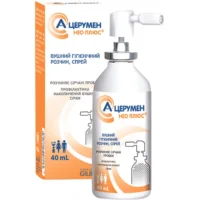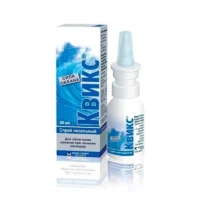Description
Azarga (Brinzolamide, Timolol) Eye Drops 5 ml
Ingredients
Active ingredients: Brinzolamide and Timolol. Inactive ingredients may include mannitol, carbomer, tyloxapol, and purified water.
Mechanism of Action
Azarga combines brinzolamide and timolol to lower intraocular pressure. Brinzolamide inhibits carbonic anhydrase, reducing aqueous humor production, while timolol, a beta-blocker, decreases aqueous humor formation.
Pharmacological Properties
Pharmacological Effects: The dual mechanism of action of brinzolamide and timolol in Azarga eye drops provides a synergistic effect in lowering intraocular pressure.
Indications for Use
Indications: Azarga eye drops are indicated for reducing intraocular pressure in patients with open-angle glaucoma or ocular hypertension.
Contraindications
Contraindications: Do not use Azarga if allergic to any ingredient, have asthma, severe COPD, or certain heart conditions.
Side Effects
Common side effects may include eye irritation, blurred vision, and dry eyes. Contact a healthcare provider if experiencing severe side effects.
Usage Instructions
Dosage: Administer 1 drop in the affected eye(s) twice daily. Avoid touching the dropper tip to prevent contamination.
Benefits Compared to Analogues
Azarga’s combination of brinzolamide and timolol offers a more effective reduction in intraocular pressure compared to monotherapy options.
Suitable Patient Groups
Azarga is suitable for adult patients with open-angle glaucoma or ocular hypertension. Consult a healthcare provider for use in specific patient groups like children or the elderly.
Storage and Shelf Life
Azarga eye drops should be stored at room temperature, away from light and moisture. Check the packaging for the expiration date and do not use expired product.
Packaging Description
Azarga eye drops are typically packaged in a 5 ml container with a dropper for easy administration.
Clinical Evidence and Proven Effectiveness
Clinical Trials: Clinical trials have shown that Azarga effectively reduces intraocular pressure in patients with glaucoma or ocular hypertension. Xiong et al. (2018) demonstrated that Azarga was well-tolerated and significantly reduced intraocular pressure compared to timolol monotherapy.





